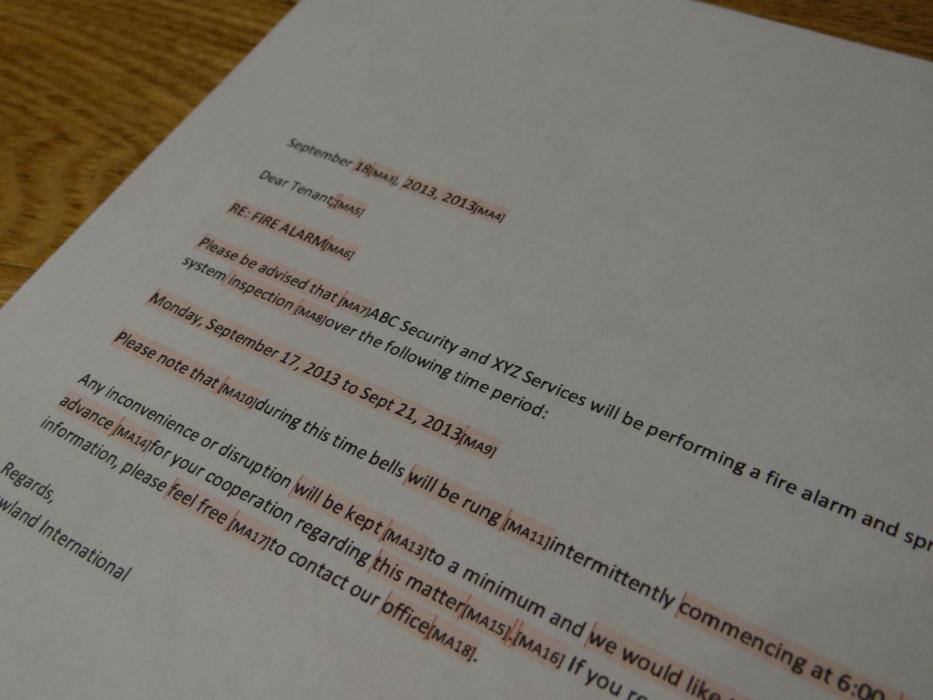
When do we need a policy or procedure?
Some of you might respond with “to address an issue.” Certainly, many policies and procedures are written to deal with a specific problem or concern. However, it’s unlikely an organization will have policies and procedures that address every potential workplace issue.
Avoid creating a policy or procedure without thinking it through first. Policies and procedures need to achieve a specific purpose. In addition, potential effects on staff and clients need to be considered thoughtfully.
Focus on creating policies and procedures that deal with the most critical components that affect how your organization functions and the quality of the services you deliver.
Key Points to Consider
Keep the following in mind as you analyze whether to create a policy or procedure:
- A policy or procedure needs to apply to the many, not the few, in your organization.
- A policy or procedure must be followed consistently, which gives management less flexibility to treat each situation as unique.
- A poorly thought out policy or procedure intended to protect your organization can actually cause damage.
- Policies or procedures, even bad ones, can be hard to change after they’ve been implemented and become part of the workplace culture.
Ideally, a policy or procedure will solve one issue without causing others. However, creating a policy or procedure without thinking through the effects it may have on everyone who has to enforce and follow it can create new issues.
Carefully weigh the pros and cons of any future policy or procedure to ensure the balance weighs more favourably towards the positive, not the negative.
When Not to Create Policies and Procedures
A policy or procedure isn’t required in circumstances such as these:
- Organizational culture and norms that are working well
- For example, if staff already dress in an acceptable way, don’t create a dress code policy.
- Challenges in enforcement
- For example, a dress code policy that requires clothes to be no more than 50% polyester. (Who will be checking the clothing labels?)
- Intrusive or illegal directives
- For example, asking employees for their personal Facebook passwords.
When to Create Policies and Procedures
In some situations, creating policies and procedures is mandatory due to legislation. In other cases it’s decidedly beneficial to an organization, even if there is no legal requirement to have a specific policy or procedure in place.
- Legislation requires an organization to have a policy or procedure in place on a specific issue, such as maternity leave.
- There is no legislation that requires an organization to have a policy or procedure on a specific issue, but the regulations and steps to be followed are rigidly defined and a policy or procedure will help to ensure the organization is in compliance.
- Employees are confused about certain areas of the business, such as using a company cell phone for non-work purposes, and a policy procedure would eliminate that confusion.
Questions to Ask before Creating Policies or Procedures
When considering whether to create a policy or procedure, especially if doing so is to react to an issue, ask these four questions to make sure a policy or procedure is necessary:
- Is there another policy or procedure that relates to the issue that is occurring?
- Has the issue ever happened before?
- Is the issue likely to happen again?
- Are the consequences of the mistake serious enough to require a policy or procedure?







